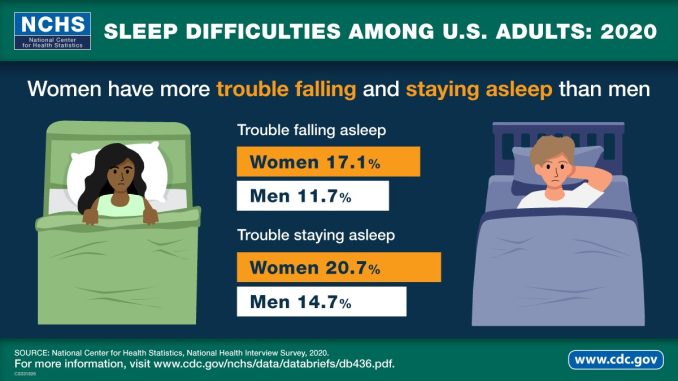
In the pursuit of productivity and performance, sleep is often the first sacrifice made in both academic and professional settings. Yet, mounting evidence suggests that this trade-off comes at a significant cost to learning and cognitive function. Sleep is not merely a passive state of rest—it is an active and essential process that consolidates memory, enhances problem-solving abilities, and supports emotional regulation. For business professionals and lifelong learners alike, understanding the impact of sleep on learning is not just a matter of health—it’s a strategic advantage.
The connection between sleep and learning begins with memory consolidation. During waking hours, the brain absorbs vast amounts of information, but it is during sleep—particularly during deep and REM stages—that this information is processed and stored. Without adequate sleep, the brain struggles to convert short-term memories into long-term knowledge. This has direct implications for anyone engaged in training, skill development, or strategic thinking. For example, a manager attending a leadership seminar may grasp key concepts during the session, but if they consistently sleep poorly, their ability to retain and apply those insights diminishes. Over time, this erodes the value of professional development efforts and slows personal growth.
Beyond memory, sleep also plays a critical role in cognitive flexibility and creativity. These are the very skills that drive innovation and effective decision-making in business. When well-rested, individuals are better equipped to connect disparate ideas, think abstractly, and approach problems from multiple angles. Sleep deprivation, on the other hand, narrows focus and impairs judgment. Consider a product development team brainstorming new features. If team members are sleep-deprived, their contributions may be more cautious, less imaginative, and prone to error. In contrast, a rested team is more likely to generate bold ideas and evaluate them with clarity.
Emotional regulation is another area where sleep exerts a powerful influence. Learning is not purely intellectual—it is also emotional. The ability to stay motivated, manage frustration, and engage constructively with feedback is essential for growth. Sleep deprivation disrupts the balance of neurotransmitters and hormones that govern mood, leading to irritability, anxiety, and reduced resilience. In a business context, this can manifest as disengagement during training, resistance to change, or conflict in collaborative settings. A professional who consistently gets sufficient sleep is more likely to approach challenges with patience and optimism, creating a more conducive environment for learning and development.
The timing and quality of sleep also matter. Irregular sleep patterns, frequent interruptions, or poor sleep hygiene can undermine even generous sleep durations. For professionals juggling global teams, late-night meetings, or travel schedules, maintaining consistent sleep can be difficult. However, small adjustments—such as prioritizing sleep before important learning events or creating routines that support rest—can yield significant benefits. Organizations that recognize this may begin to rethink how they structure training programs, deadlines, and work expectations. Encouraging a culture that values rest is not about reducing ambition—it’s about enhancing capacity.
Technology has added complexity to the sleep-learning equation. The proliferation of screens, notifications, and digital demands often extends work into late hours, encroaching on sleep time. Moreover, the blue light emitted by devices can disrupt circadian rhythms, making it harder to fall asleep. While digital tools have revolutionized access to learning, they must be used mindfully. Professionals who engage in online courses or virtual collaboration should be aware of how their digital habits affect sleep and, by extension, their ability to absorb and apply new knowledge. Simple practices like screen-free wind-down periods or using night mode settings can help mitigate these effects.
From a leadership perspective, modeling healthy sleep habits can have a ripple effect throughout an organization. When executives prioritize rest and speak openly about its importance, they signal that well-being is integral to performance. This can shift cultural norms and reduce the stigma around taking time to recharge. In turn, employees may feel more empowered to manage their energy, leading to more effective learning and sustained engagement. Leaders who understand the science of sleep are better positioned to design environments that support both productivity and personal development.
The impact of sleep on learning is not a theoretical concern—it is a practical reality with measurable outcomes. Studies consistently show that sleep-deprived individuals perform worse on cognitive tasks, retain less information, and struggle with emotional regulation. In business, where learning is continuous and competition is fierce, these deficits can translate into missed opportunities, poor decisions, and stalled growth. Conversely, organizations that integrate sleep awareness into their learning strategies can unlock higher levels of performance and innovation.
Ultimately, sleep is not a luxury—it is a foundational element of learning. It fuels the brain’s ability to process, adapt, and evolve. In a world that prizes speed and output, taking time to rest may seem counterintuitive. But for those committed to excellence, sleep is not a distraction from progress—it is a driver of it. By embracing the science of sleep and its role in learning, professionals and organizations alike can cultivate sharper minds, stronger teams, and more sustainable success.